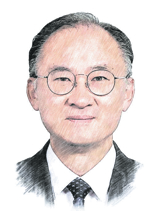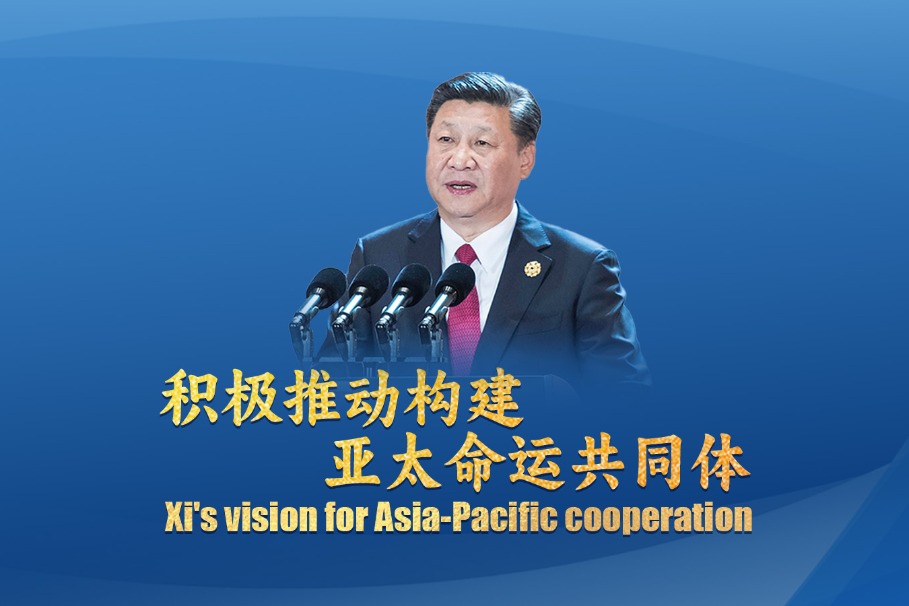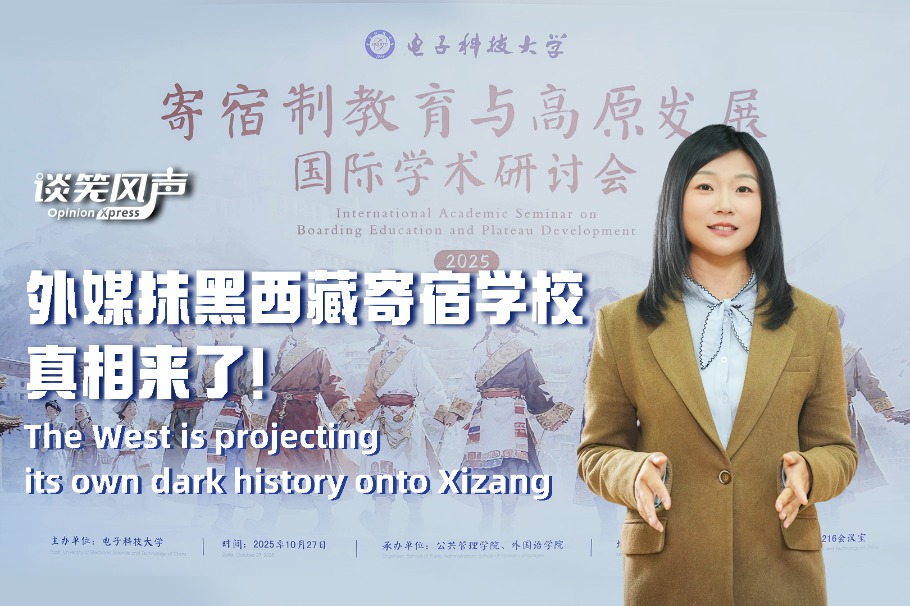APEC meeting a good chance for Sino-ROK engagement


Editor's note: As the city of Gyeongju in the Republic of Korea prepares to host the 2025 APEC Economic Leaders' Meeting from Oct 31 to Nov 1, amid global economic uncertainty, China will make efforts to work with other economies for regional prosperity and development. Three experts share their views with China Daily.
The 32nd APEC Economic Leaders' Meeting in Gyeongju, Republic of Korea, comes at a time of profound changes in the global and regional order. Since its inception, the Asia-Pacific Economic Cooperation has played a significant role in the development of countries across the region. By promoting free trade, strengthening technological cooperation, pursuing sustainable growth strategies and fostering social inclusion, APEC has helped its members move beyond isolated growth to shared prosperity. Despite the lack of binding mechanisms and differing member interests, APEC's cooperative network continues to underpin regional stability and development.
This year's theme, "Building A Sustainable Tomorrow: Connect, Innovate, Prosper", captures APEC's primary objective of promoting sustainable and inclusive growth and prosperity in the Asia-Pacific region. This will be achieved by invigorating trade and investment, strengthening connectivity through multi-level exchanges, promoting digital innovation by narrowing the digital divide and fostering AI cooperation. Also on the agenda are collective responses to global challenges such as energy and food security and changes in demographic structures.
The meeting not only has economic importance, but also a diplomatic significance because it offers a good opportunity for a meeting between the leaders of ROK and China. President Xi Jinping's attendance at the APEC meeting will also mark his visit to the ROK in 11 years, following his visit in 2014. His visit would symbolize the renewal of friendly ties and create new momentum for future cooperation.
The venue itself, Gyeongju, has deep cultural significance. It was the capital of the Silla Kingdom for nearly a thousand years and a hub for East Asian cultural exchange. During his 2009 visit as China's vice-president, Xi had visited Gyeongju, touring its cultural heritage sites and experiencing the country's culture firsthand. Xi's visit to the ancient city demonstrated that the Chinese leader viewed China-ROK relations through the lens of a shared culture.
Today, the world faces a multitude of challenges, including supply chain restructuring, climate change and digital transformation. As close neighbors and economically dependent partners, both the ROK and China have a vast potential for cooperation based on mutual respect. Green transition, advanced science and technology cooperation and youth and cultural exchanges are promising areas for joint progress. Such collaboration can lead not only to mutual benefit and win-win outcomes for both countries but also contribute to regional and global stability.
Over the past three decades, both the ROK and China have achieved remarkable growth and mutual gains. But today's changing international landscape calls for a new leap forward. Increasing high-level exchanges, deepening economic and trade ties, revitalizing people-to-people connections and building strategic trust will be instrumental in this new phase.
President Xi's attendance at the APEC would mark a significant event in the 33-year journey of China-ROK relations. Guided by mutual respect, equal treatment and win-win cooperation, the two nations can transcend differences in systems and institutions to achieve common development and shared prosperity.
APEC is a multilateral stage where the ROK and China can test cooperative coexistence. For China, APEC is an opportunity to expand its influence in the global economic order and promote regional economic integration, while stabilizing supply chains. For the ROK, APEC is a complex diplomatic space where cooperation and competition coexist. Amid the intensifying US-China competition, the ROK can leverage APEC to strengthen its ties with China. This way it can balance regional prosperity with its national interests.
The APEC meeting in Gyeongju is not merely another diplomatic engagement. The ROK and China are closest neighbors and inseparable partners. Gyeongju meeting will be a good opportunity to carry forward the spirit of past friendship and lay the foundation of future cooperation. The two countries should restore trust, broaden the scope of cooperation and advance toward shared prosperity so that the strategic cooperative partnership can be back on track.

The views don't necessarily represent those of China Daily.
If you have a specific expertise, or would like to share your thought about our stories, then send us your writings at opinion@chinadaily.com.cn, and comment@chinadaily.com.cn.


































